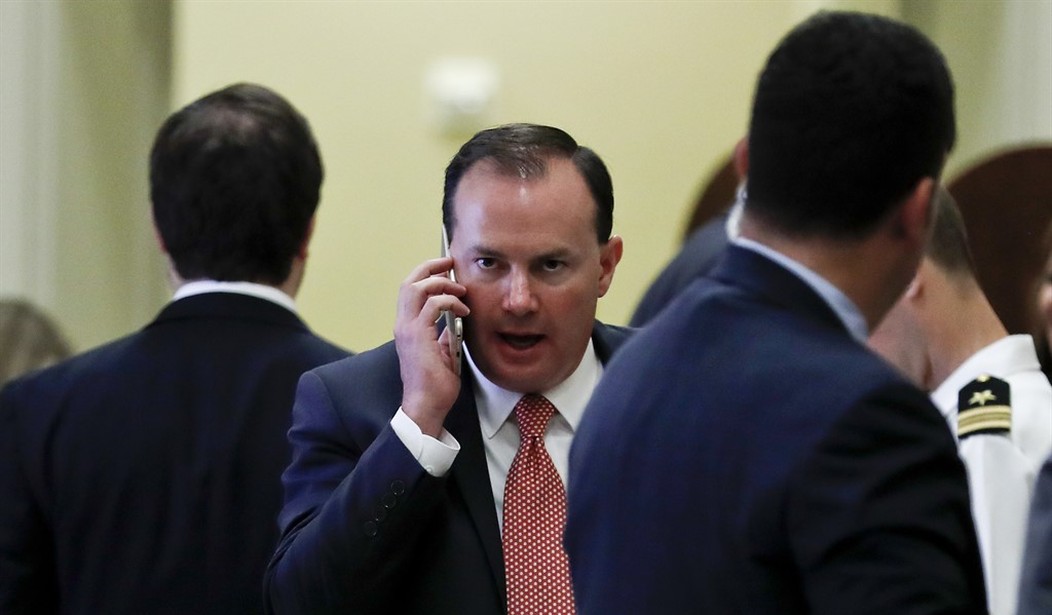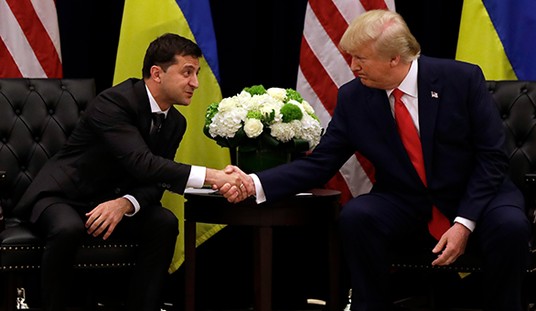This movement in the Senate got overshadowed by a certain meeting on gun control at the White House this week, but it is no less newsworthy. As President Trump was making all kinds of headlines with his gun proposals Wednesday, a bipartisan group of senators was introducing a bill to check the executive branch's military authority.
Sens. Bernie Sanders (-VT), Mike Lee (R-UT) and Chris Murphy (D-CT) unveiled theie resolution to end U.S. involvement in Yemen. For almost three years, we have offered logistical and intelligence support to Saudi Arabia and eight other mostly Sunni Arab states in Yemen fighting to restore Abdrabbuh Mansour Hadi's government. Hadi has fled abroad and Houthi forces are attempting to take control of the entire country.
The bipartisan bill invokes the War Powers Act. The act, which dates back to 1973, limits the president’s power to wage war without congressional authorization.
This procedure is unprecedented.
“It’s never been done before,” an aide in Lee's office told The Intercept. “We don’t know what to anticipate.”
In a symbolic vote in November, the House declared by a tally of 366-30 that U.S. military assistance to Saudi Arabia in Yemen's civil war is not authorized. Troops are allowed to fight Al Qaeda, the bill stated, but not Shiite Muslim rebels.
Recommended
Americans surveyed typically come out against U.S. military involvement abroad. A recent study conducted by Committee for a Responsible Foreign Policy found that 57 percent of Americans feel that U.S. military aid to foreign countries is "counterproductive" to protecting our interests and security.
























Join the conversation as a VIP Member